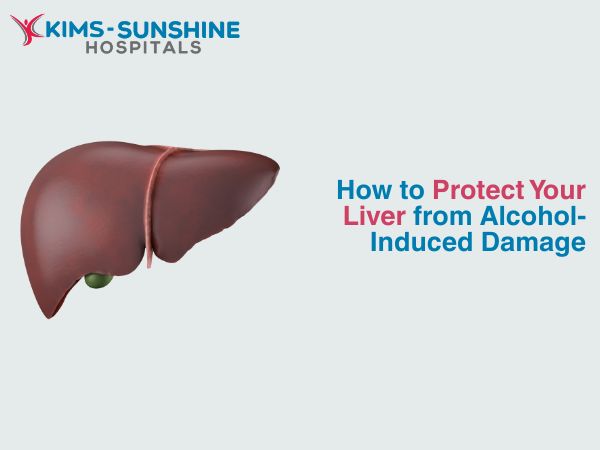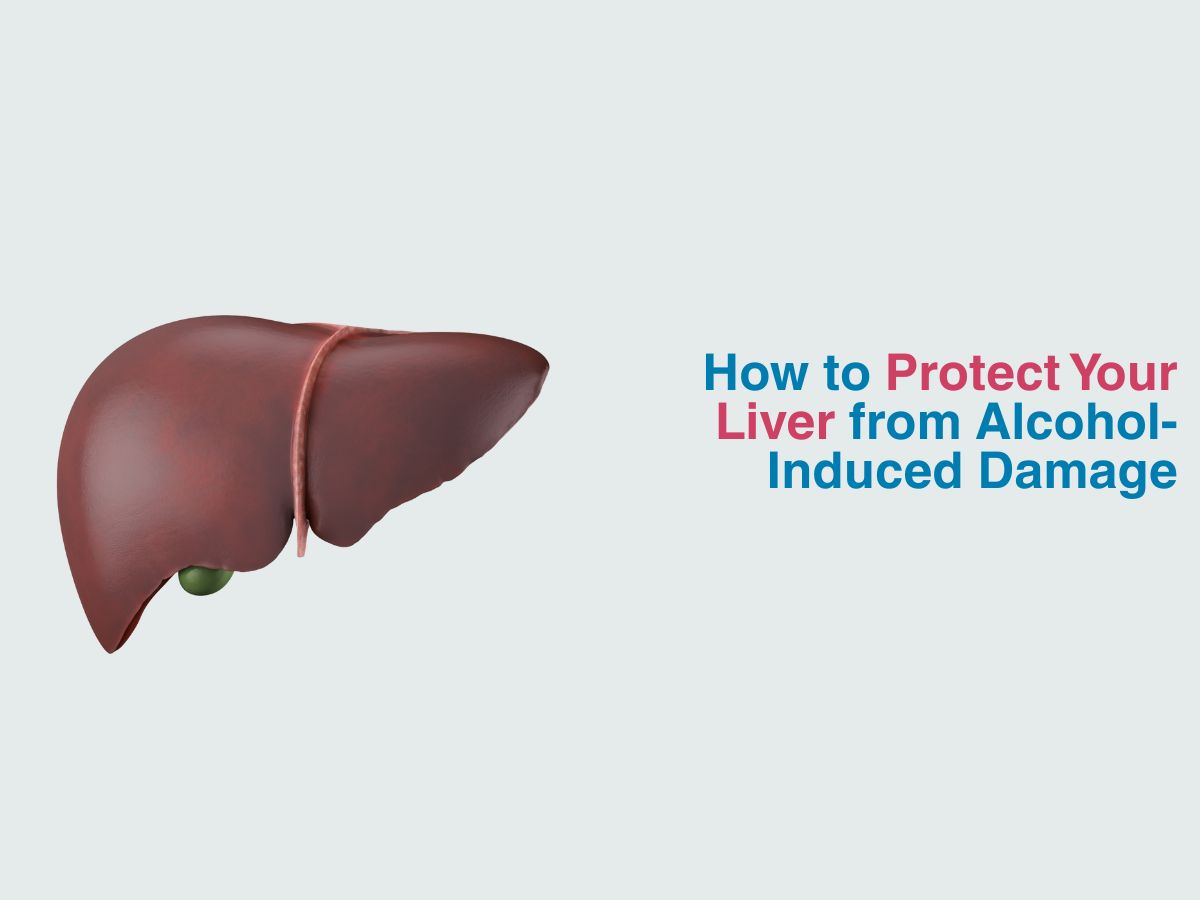
How to Protect Your Liver from Alcohol-Induced Damage

The liver is the largest organ inside the body which performs hundreds of metabolic reactions every second of every day. One of the main functions of the liver is detoxification- breaking down harmful substances into harmless metabolites that can then be carried out of the body via urine. This is also how it helps clear alcohol from your system, so you can have a great time at that party you wanted to attend. But, chronic alcohol abuse can lead to liver damage over a period of time and this won’t be reversible in many cases, even if you stop drinking.
Can Drinking Alcohol Damage Your Liver Long-Term?
Yes, it can cause inflammation, cell injury and scar tissue formation by a process called fibrosis. Alcoholism can lead to three possible conditions that your liver may have to deal with- fatty liver disease, hepatitis and last-cirrhosis.
- Fatty liver disease – alcoholic drinks are high in sugar content and this excess can be stored in the liver as fat, leading to fatty liver disease. The liver normally has about 5-10% of its weight composed of fat alone, but when it exceeds this number, it can cause long term issues. This is called Alcoholic Fatty Liver Disease (AFLD).
- Hepatitis– the inflammation of liver tissue due to continuing ingestion of alcohol – which is when liver function begins to drop.
- Last- cirrhosis– it is the last stage in this 3 piece play, where there is long term damage, liver function is majorly compromised and you begin to have symptoms like jaundice, bruising or swelling of the liver etc. The accumulation of more fat can cause more scarring and is irreversible.
Signs Of Liver Damage Due To Excessive Alcohol Consumption
Liver disease is a silent killer and hence, you will not notice any major signs. But, if you have abdominal pain, are very tired and notice that your eyes or nails or skin look jaundiced, it is time to get checked ASAP.
- Alcoholic hepatitis – the next stage of liver damage leads to issues like an accumulation of toxic ammonia in the blood. This can cause confusion, swelling, bleeding and jaundice. Though research has shown that alcohol can cause inflammation, we don’t still know why cells react that way to alcohol- heavy spirits especially. Medications are used to help reduce inflammation and it normally involves the use of steroids.
- Cirrhosis can cause jaundice, increased risk of bleeding and bruising as the liver does not make clotting factors properly, along with ascites or fluid accumulation in the legs, ankles or in the abdomen. Once your liver is cirrhotic, damage cannot be reversed. You instead need to learn how to manage the symptoms as they arise. This means eating a special, liver-friendly diet and exercising everyday.
Healthy Liver Habits To Reduce Alcohol-Induced Damage
Abstinence from alcohol is the first step to helping your liver heal itself. If you stay alcohol free long enough, you can reverse some damage. You should also try to lose some weight if you are overweight and pay real attention to what you eat on a daily basis. Getting some exercise daily is also good- as it will help you lose weight, regulate blood glucose amounts and also help reduce fat reserves in the liver over a period of time.
Conclusion
Another condition that affects people includes pancreatic inflammation- pancreatitis. This can be attributed to high blood glucose levels, forcing the pancreas and liver to work overtime. The next time you are invited to a party- learn how to drink moderately, if you really have to drink at all. Focus on eating healthy foods as much as possible and stay away from greasy and salty or very sweet stuff. Never drink on an empty stomach. Make it a habit to drink really slowly and drink plenty of water in between.
Frequently Asked Questions
Can alcohol really damage your liver, and how does it happen?
How can I protect my liver while still drinking alcohol occasionally?
What are the best ways to detox your liver after drinking?
Does drinking water after alcohol help prevent liver damage?
How often should I get my liver checked if I drink regularly?






